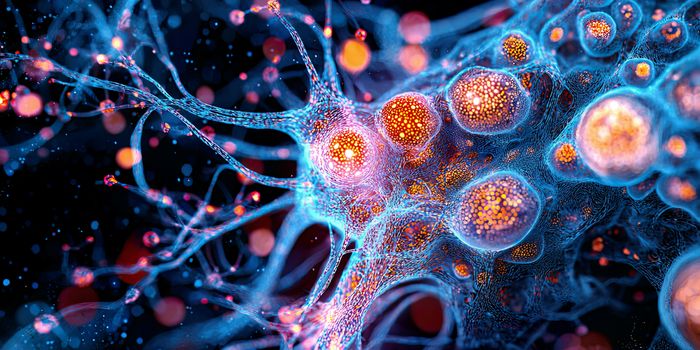How Mucus Can Promote Infection
We're all familiar with the runny or stuffy noses that can come with cold and flu season. While mucus can help trap and neutralize bacteria, new research has suggested that bacteria can also use mucus to their advantage. The study, which was reported in PNAS Nexus, showed that bacteria can move or swarm faster in mucus that is thicker.
Bacterial cells can coordinate, and this work has highlighted that function. This study used several research models instead of human mucus, however, including natural cow cervical mucus, synthetic pig stomach mucus, and a water-soluble polymer compound called polyvidone. The research may still provide important insights into how bacteria can grow within mucus and on mucosal surfaces.
"To the best of our knowledge, our study is the first demonstration of bacteria collectively swimming in mucus," noted corresponding study author Igor Aronson, the Huck Chair Professor of Biomedical Engineering, of Chemistry and of Mathematics at Pennsylvania State University. "We have shown that mucus, unlike liquids of similar consistency, enhances the collective behavior." Bacteria can be seen swimming in a mucus broth in the video.
Mucus serves many important biological purposes; it's a lubricant that lines tissue and cell surfaces, and can help protect us from pathogenic organisms and substances. But it can also help facilitate certain diseases. Lung infections and sticky mucus can be a major problem for cystic fibrosis patients, for example. This study also indicated that mucus can promote antibiotic resistance, which is a growing problem.
"Our findings demonstrate how mucus consistency affects the random motion of individual bacteria and influences their transition to coordinated, collective motion of large bacterial groups," Aronson said. "There are studies demonstrating that collective motion or swarming of bacteria enhances the ability of bacterial colonies to fend off the effect of antibiotics. The onset of collective behavior studied in our work is directly related to swarming."
Aronson noted that mucus is very challenging to study because it has properties of a liquid, and also a solid. Mucus is a viscoelastic fluid that has varying levels of thickness, as well as elasticity, or the ability to withstand force before breaking.
In this work, the researchers used microscopy techniques to study the motion of concentrated Bacillus subtilis bacteria in their mucus models. The viscosity, or thickness of the mucus was shown to have a significant impact on the collective movement of the microbes. As mucus got thicker, bacteria were more likely to coordinate and swarm.
Aronson noted that the researchers have assumed that the characteristics of human mucus are similar enough to their models to be relevant to human health.
Sources: Pennsylvania State University, PNAS Nexus









